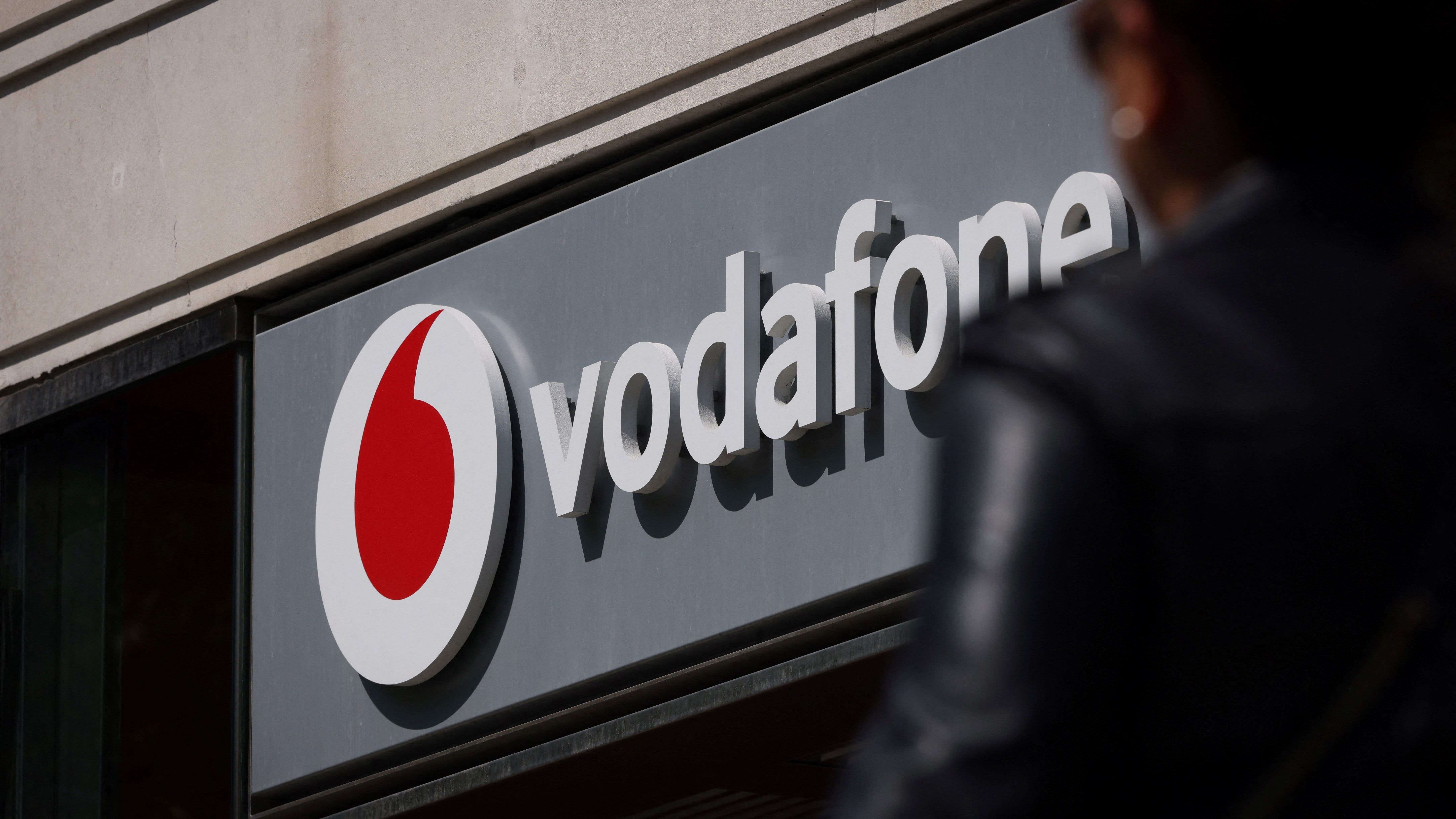SMEs are losing billions to cyberattacks every year
A single attack could put many SMEs out of business, report warns

- New Vodafone research outlines serious worries for UK SMEs
- Many businesses receive no cybersecurity training
- Growing organizations are most at risk
Smaller businesses face a serious threat from cybercriminals, new research from Vodafone has revealed, with an estimated £3.4 billion in revenue lost per year to cyberattacks.
Growing organisations are at particular risk, with 80% of those with over 50 employees experiencing an attack - four times more than those with fewer than 50 workers.
Worryingly, over half (52%) of SMEs have not received cybersecurity training, and Vodafone argues that “more targeted awareness campaigns are needed” to make sure cybersecurity is engrained into SME business plans, and to “support proactive cyber risk management.”
Monitor your credit score with TransUnion starting at $29.95/month
TransUnion is a credit monitoring service that helps you stay on top of your financial health. With real-time alerts, credit score tracking, and identity theft protection, it ensures you never miss important changes. You'll benefit from a customizable online interface with clear insights into your credit profile. Businesses also benefit from TransUnion’s advanced risk assessment tools.
Preferred partner (What does this mean?)
AI acceleration
These attacks are costly too, with 28% of surveyed SMEs warning the average incident cost (£6,940) would be enough to put them out of business, which equates to roughly 530,000 businesses at risk.
Most SMEs are concerned about the effects of AI on cyberattacks, and rightly so.
AI is allowing attackers with fewer skills to send out more attacks , and these are more sophisticated than ever before. The barrier of entry for cybercriminals is significantly reduced thanks to AI technologies, which is proving a challenge for SMEs and global organisations alike.
In fact, AI-powered cyber threats are becoming the biggest worry for businesses of all size, with the skills shortage seriously impacting the average firm’s ability to defend against a growing onslaught of attacks.
Are you a pro? Subscribe to our newsletter
Sign up to the TechRadar Pro newsletter to get all the top news, opinion, features and guidance your business needs to succeed!
“Addressing the cybersecurity gap requires decisive government action to minimise revenue losses and incentivise investment in digital security,” said Nick Gliddon, Business Director at Vodafone UK.
“This report calls on policymakers to take immediate and decisive action to protect SMEs online, by offering financial support in the form of tax incentives, grants, and subsidies for cybersecurity training and certification.”
“Ensuring the security of these businesses is not merely about preventing financial losses - it is about fostering their long-term resilience and sustaining their vital contributions to the broader economy.”
You might also like
- Take a look at our picks for the best AI tools around
- Tackling the UK's cybersecurity skills shortage
- Does AI leave security teams struggling?

Ellen has been writing for almost four years, with a focus on post-COVID policy whilst studying for BA Politics and International Relations at the University of Cardiff, followed by an MA in Political Communication. Before joining TechRadar Pro as a Junior Writer, she worked for Future Publishing’s MVC content team, working with merchants and retailers to upload content.
You must confirm your public display name before commenting
Please logout and then login again, you will then be prompted to enter your display name.
